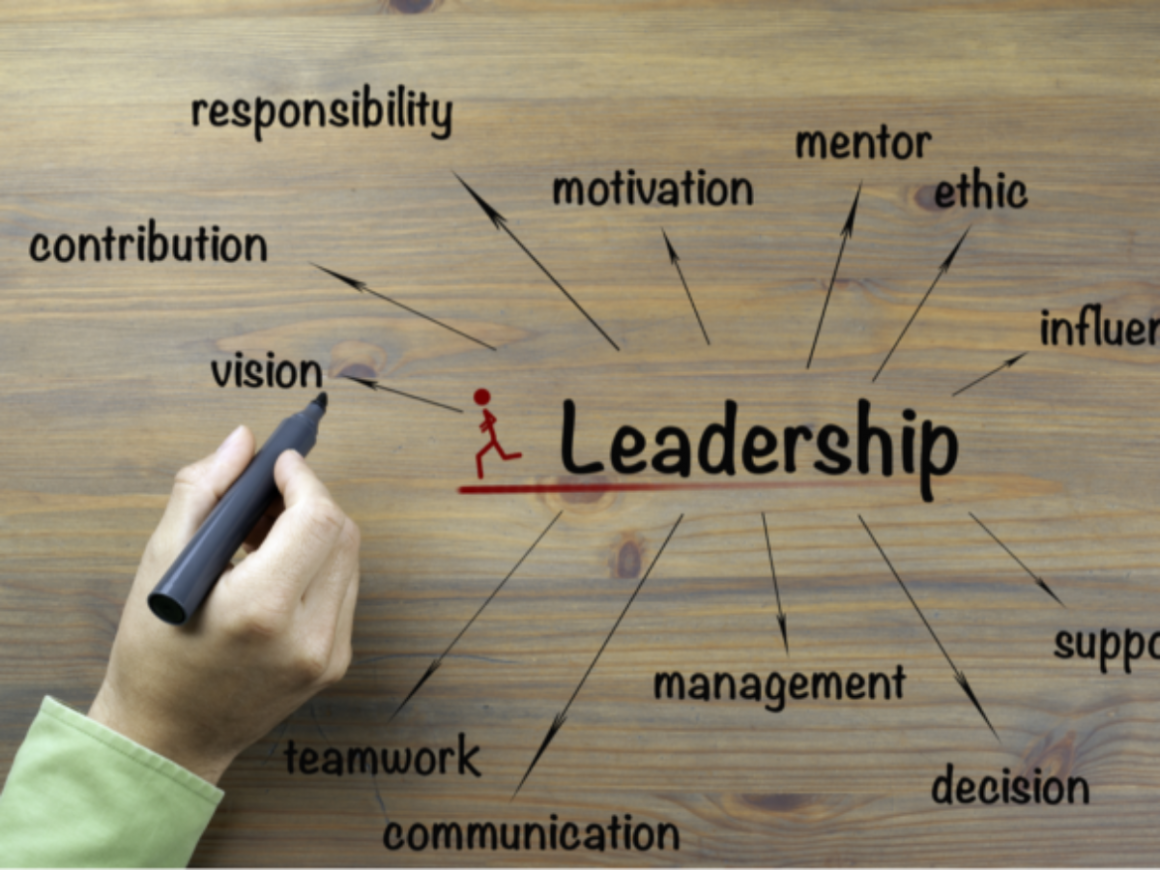The Eight Leadership skills you need to know:
- Relationship building
- Agility and adaptability
- Innovation and creativity
- Employee motivation
- Decision-making
- Conflict management
- Negotiation
- Critical Thinking
Relationship building (the foundation of a high-performing team)
Some leaders will say that they don’t require love at work to succeed. This may be the case, but effective managers need to possess the leadership qualities necessary to develop a cohesive and motivated workforce. Strong, trustworthy, and authentic relationships between a leader and their team lay the groundwork for success. This is something that leaders who have these relationships with their teams understand. According to Gallup’s meta-analysis of employee engagement, business units with excellent employee engagement have 41% fewer quality flaws and 37% less absenteeism. Good working relationships also promote employee engagement. Higher employee involvement was also observed to lead to a 21% boost in productivity.
Therefore, even if you believe that you don’t need to be adored at work, you will undoubtedly need to have the ability to develop strong relationships if you want to be an effective leader. If your team is really happy and engaged at work, you are probably valued as a leader by workers who are passionate about their work, and perhaps the solid relationships you build will support your team’s performance at its peak.
Agility and adaptability (stay at the cutting edge as a leader)
One of the most crucial leadership traits, according to a 2008 study by Development Dimensions International, was the capacity to foster change. In 2022, one of the most crucial leadership traits will be flexibility. Leaders must deal with a highly competitive economic environment, geopolitics, climate change, the COVID-19 pandemic’s effects, and many other issues, all of which call for agility and adaptability.
Because, Effective leaders must be flexible enough to adjust to internal and external changes, even if doing so requires stepping outside of their comfort zone. To ensure that you are not left behind by changes in your sector and can provide your company a competitive edge, leaders need to adopt a lifelong learning approach. You must be flexible and adaptive in this situation as a leader, which is easier said than done. Being accountable and taking on your responsibilities while making sure you have a plan in place for how you will handle change is a crucial step in developing leadership agility and adaptability. This strategy should include a realistic timetable that will enable you to track your progress in terms of how well you are accepting the change and how you are demonstrating it to your team.
Innovation and creativity (learn to push your boundaries)
For every business, innovative leadership is of vital importance. Ideation, the stage in which great ideas are formed and serve as the cornerstone of successful innovation, is where it all starts. How did Apple become a leader in the technology sector compared to other industry leaders? They improved their products by keeping their clients in mind. By consistently staying one step ahead of the competition, Tim Cook and Steve Jobs drove Apple Inc.’s invention and ingenuity, making them among the computer industry’s most innovative leaders.
The need for creativity and innovation will only grow, and CEOs who want to be effective and competitive must use their leadership abilities in these areas.
Employee motivation (improve engagement and efficiency)
Maintaining a high level of employee engagement and being able to motivate your employees go hand in hand and are closely related to relationship building. Continual employee motivation is one of the most important leadership qualities, and it needs leaders to be connected to their people and aware of their surroundings.
According to a survey by the company Interact on 10,000 US employees, the number one complaint people have about their supervisors is a lack of appreciation. On the other hand, when managers recognize employees’ contributions, engagement rises by 60%. In another survey conducted by Westminster College, it was discovered that increasing morale is the most popular (and preferred) method of employee motivation (32%). Employee disengagement can have a negative financial impact on the business through absenteeism, attrition, and low productivity.
Also, Employees who are motivated are far more engaged and have greater self-assurance in their abilities. They learn how to respond to trying circumstances as a result, and they also produce creative ideas that might improve business performance.

Decision-making (leading with conviction)
A leader is always required to make decisions. Having excellent decision-making abilities is essential for becoming a good leader. Large-scale, crucial decisions affecting your organization must be well-informed, logical, and solid.
In fact, the success of your business and you personally will depend on the decisions you make as a leader. Making decisions, no matter how big or small is an essential component of leadership. To be an effective leader, you must develop strong decision-making abilities, have the conviction to stick with your choices, and understand when adaptation is required when your choices do not produce the desired results. It is an unusual act of balancing. Keep in mind that not all decisions are usually good ones. Making an unpopular but necessary decision is undoubtedly one of the hardest things a leader has to do, but it’s crucial that you can understand your responsibilities and come to judgments that are right for your team or business.
Conflict management (keeping the peace)
An average manager spends at least 24% of their time handling conflict, according to the American Management Association. Any area of the company might experience conflict. Any difference of opinion between two or more people that has the potential to interfere with work is seen as a conflict. Conflict in the workplace may extend to consumers, suppliers, and even other businesses. A competent leader should be able to intervene when a conflict occurs and end it or at the very least, lessen its impact before it has a detrimental impact on the company. A quarrel can even be advantageous for your company if handled properly because it frequently results in stronger ties or new ideas.
Furthermore, You must be adept at spotting conflict and possess a vision regarding how to settle it if you want to be a successful leader. Additionally, when in a confrontational situation, the reason is crucial. Without a doubt, one of the most crucial leadership abilities is the ability to manage conflict, yet according to a survey quoted by Robyn Short, only 60% of American workers have received any training in this area. It is crucial for you to be able to handle conflict as a leader, but teaching your team members these same abilities can help prevent conflict altogether.
Negotiation (winning the game)
Through the process of negotiation, two parties with opposing ideologies can come to an understanding of the best course of action. According to Skills You Need, there are 6 steps in the negotiation process:
- Preparation.
- Discussion.
- Clarification of goals.
- Negotiation towards a Win-Win outcome.
- Agreement.
- Implementation of a course of action.
An organization can benefit from successful negotiations since they will foster improved relationships both inside and internationally. By utilizing two opposing viewpoints to their fullest, they will also assist in identifying the greatest long-term answer. To advance an organization, a leader must be proficient in his negotiation approach. To accomplish corporate goals, negotiation is a tool used by leaders to comprehend employee interests and create solutions to address those interests.
Critical Thinking (understanding the links between ideas)
Without a doubt, being a business leader is really difficult. A leader must take a lot of risky judgments in order to succeed. According to research from the Brandon Hall Group, the ability to think critically is the one that leaders need to have the most in order to successfully lead an organization.
The ability to think effectively and integrate disparate concepts logically is known as critical thinking. Intelligent decision-makers, highly analytical, and typically always rational are all characteristics of critical thinkers. These qualities are crucial for guiding an organization toward its objective.
So, to get at the intended result, critical thinkers frequently are able to spot inconsistencies and mistakes in reasoning. Because, They will frequently endeavor to evaluate whether the ideas, arguments, and conclusions represent the genuine picture.

